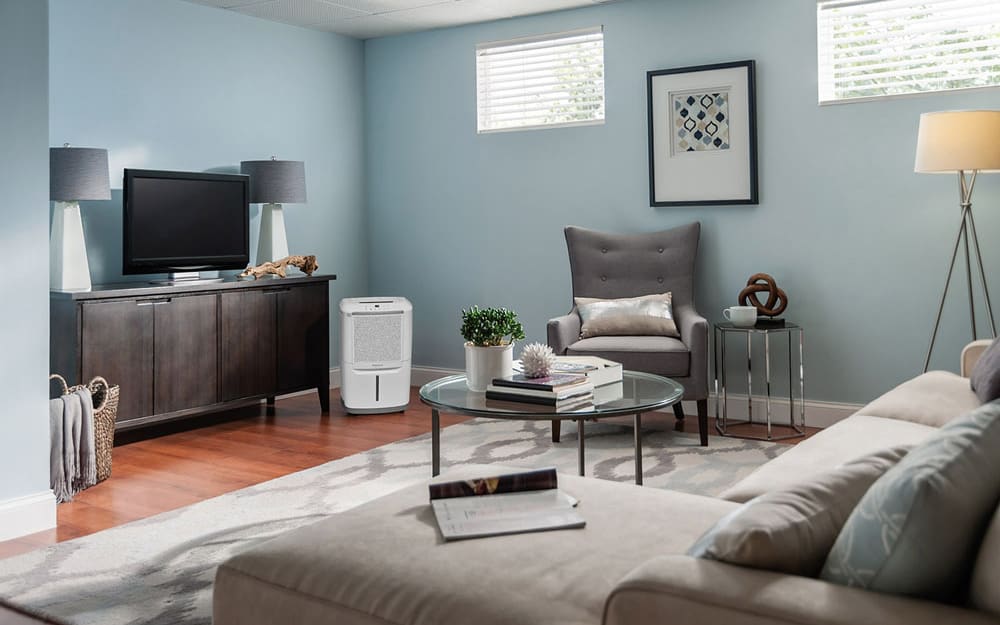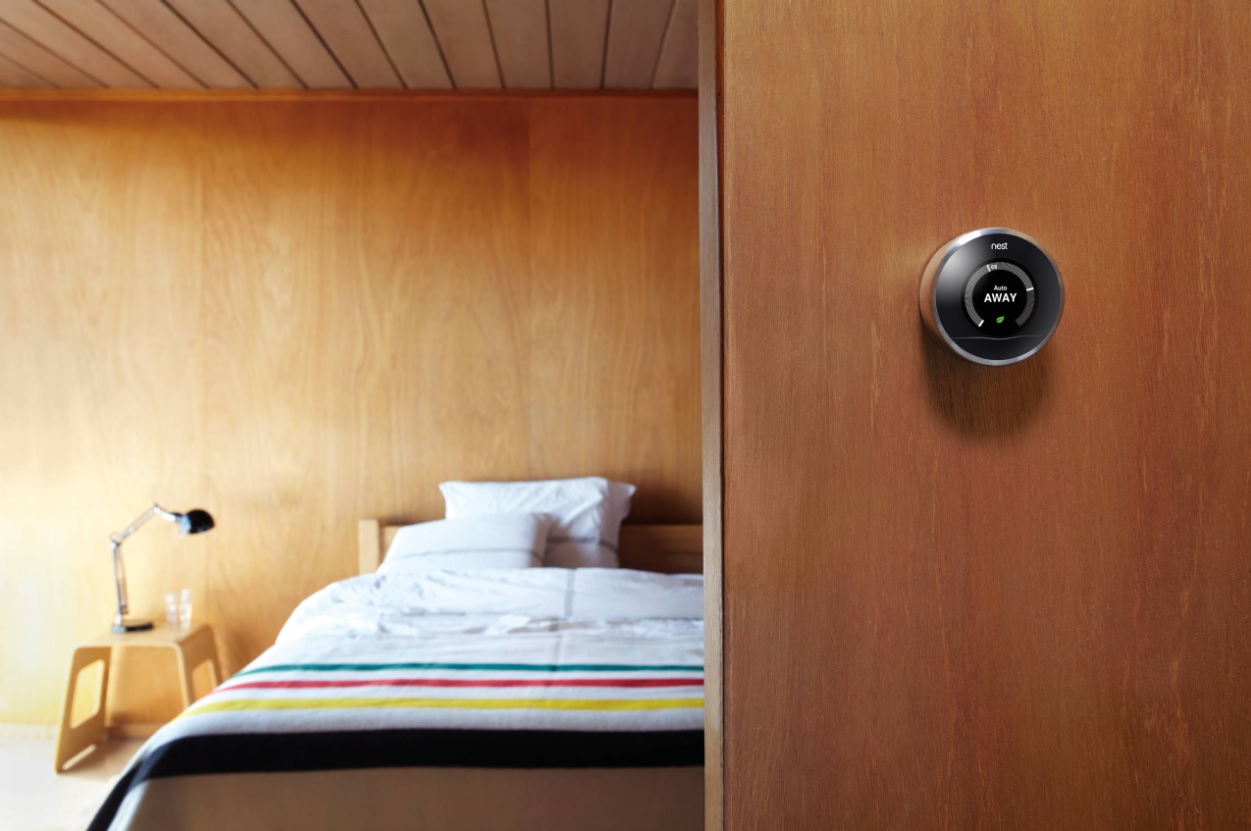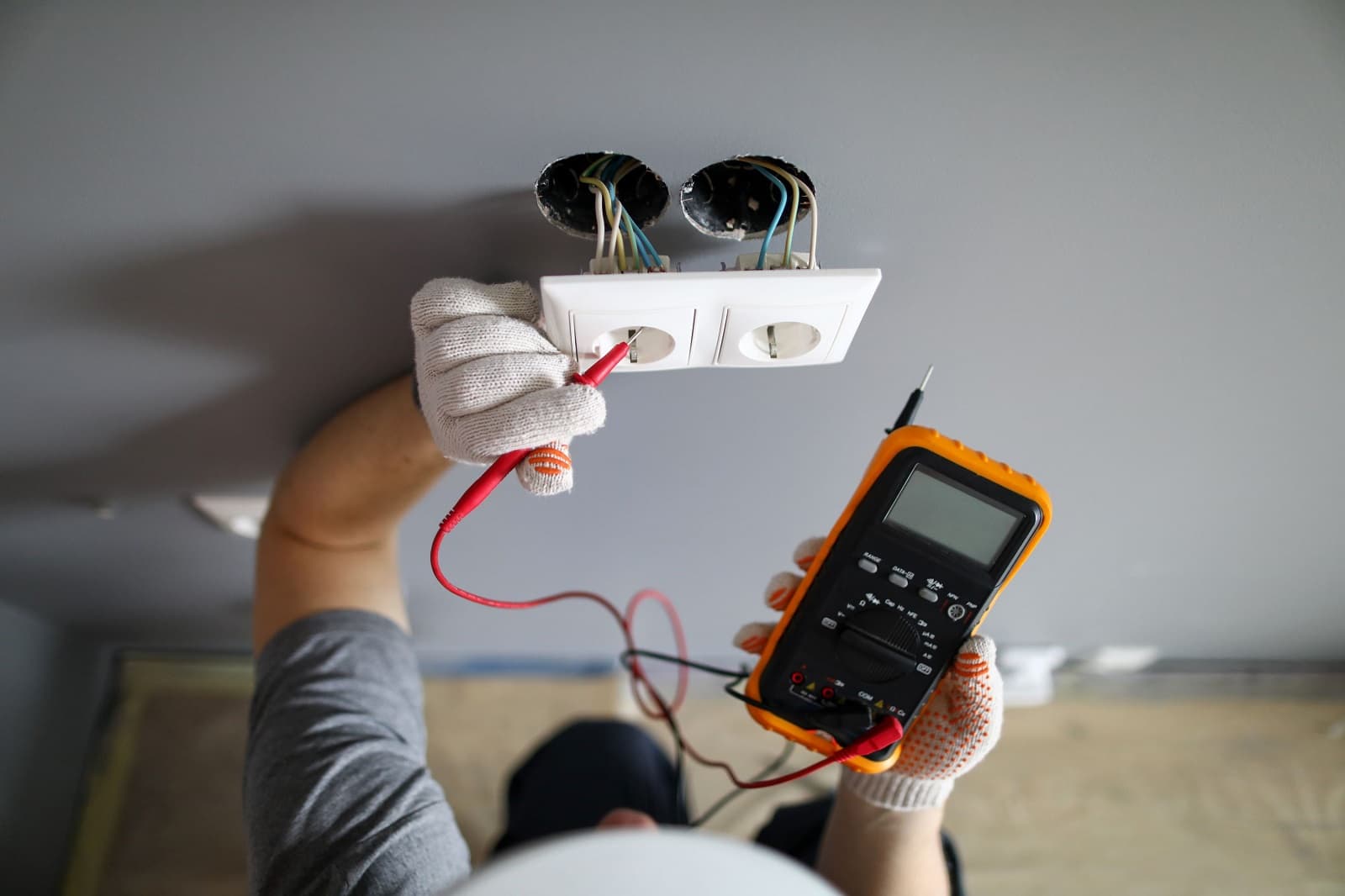As the weather becomes warmer, the humidity level also rises. High humidity levels can make it difficult to sleep, raise your body temperature and worsen allergy symptoms. In fact, many people find that their allergies act up more when the humidity is high.
According to the Asthma and Allergy Foundation of America, high humidity can make your allergy symptoms worse because it raises the number of dust mites and mold in the air. Dust mites are tiny creatures that thrive in humid environments, and they are known to trigger asthma and allergy symptoms.
While you can’t control the weather, there are some things you can do to manage your exposure to high humidity.
Actively Use Your Exhaust/Ventilation Fans
Did you know that your home’s exhaust fans can do more than just eliminate unpleasant smells? In fact, they can play a key role in preventing the spread of dangerous airborne contaminants like carbon monoxide and radon.
That’s why it’s important to ensure that your exhaust fans are in good working order and that you use them regularly. If you have a gas stove, turn on the exhaust fan whenever you’re cooking. And if you have a basement, running the exhaust fan for at least 30 minutes every day is a good idea to help remove any harmful gases that could be seeping in from the ground.
Fix Any Leaking Pipes
Leaking pipes can create the perfect environment for mold to grow. Not only does mold thrive in humid environments, but it also needs a water source to survive. So if you have any leaks in your home, it’s important to get them fixed as soon as possible.
- If you have a plumbing problem, don’t try to fix it yourself – always call a professional. They have the training and experience to fix the problem quickly and safely without putting your family at risk.
Get a Dehumidifier
If you find that your home is always humid, even when using your exhaust fans and fixing any leaks, it might be time to invest in a dehumidifier. Dehumidifiers work by reducing the amount of moisture in the air, making it more comfortable to breathe.
There are a few different types of dehumidifiers on the market, so it’s important to do your research before you buy one. Portable dehumidifiers are a good option if you only need to use them in one room, while whole-house dehumidifiers are better for larger homes.
Keep Indoor Plants to a Minimum
While indoor plants can help to purify the air in your home, they can also increase the humidity level. That’s because plants release water vapor into the air as part of their natural process of photosynthesis.
So if you want to reduce the humidity in your home, keeping indoor plants to a minimum is best. If you have a lot of plants, consider moving them outdoors or to a sunroom where they can get the light they need without adding extra moisture to the air.
Reducing the humidity in your home can be a challenge, but it’s worth it if it means improving your family’s health. You’ll sleep better and feel more comfortable overall.









